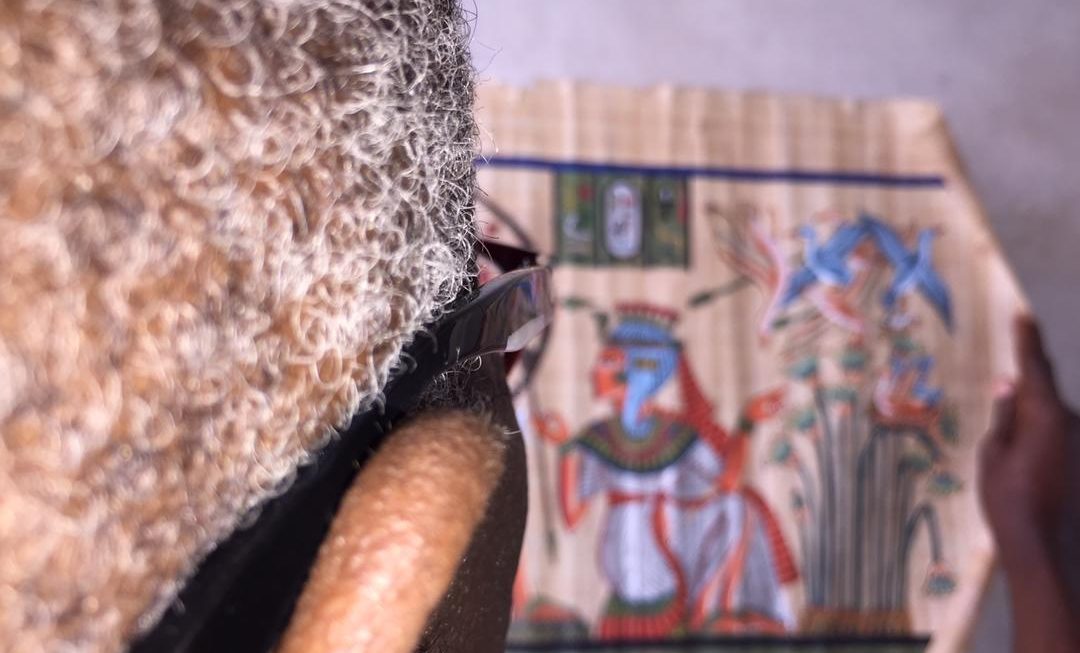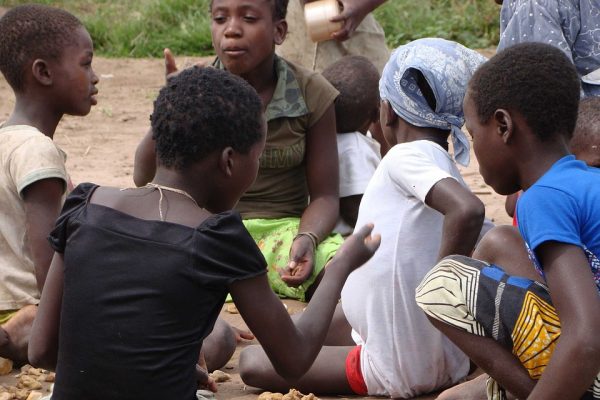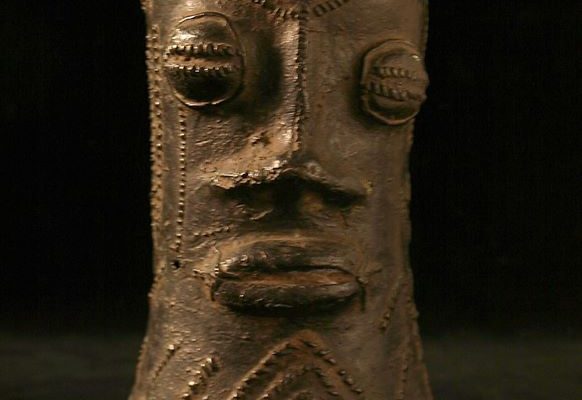Like twin infants exchanged in their cots in a maternity ward at birth, groups of ethnic nationalities in my African country act like strangers to one another. Whereas, if they were a bit more careful, they would know that there is a supernatural bond of common patrilineal ancestry tying them together. If they had carefully studied these so-called strangers’ family pedigrees, their peculiar animal totems and traces of lexical commonalities between their two languages, they […]
The Igala Alphabet
The website’s in-house teacher has assumed duty in the Kigala Klassroom, beginning his teaching of Igala language from the cradle – the ABC of education, the alphabet. When a child is born, its mind is completely clean, like a blank slate or tabula rasa. Then, physical impressions and psychological responses come together to influence its mind. The child’s first teacher is, naturally, its mother; later, the nursery school teacher joins her in his education, beginning […]
Igala Grammar: Vowels and Tones
THE SEVEN IGALA VOWELS IN DETAIL Igala vowels are not static. Rather, they are highly mobile, as they alter their sounds frequently in speech. For instance, a high-sounding vowel is used when a speaker suddenly realizes that he has mistakenly left something behind; and he exclaims: “Óóó! Ú gbényọ́ọ̀!” (Oh, I forgot). Note that the speaker’s voice pitch is high. The next minute, he is responding to a proposal; and he gives his consent, saying: […]
Igala Grammar: Parts of Speech
A major impediment to in-depth study of African languages is the absence of metalanguages for studying them in schools. This consciousness has elicited a patriotic response from concerned Igala linguists and ‘linguistic engineers,’ who have come together to lay a foundation for the scientific study of Igala language, starting with creating a metalanguage that will facilitate learning. Their first preoccupation was the coinage for the English word, ‘grammar,’ as Ọ̀kpàkpà-Ùkọ̀là (Correct Use of Words). Based […]
A HISTORY OF TWO MONARCHIES
Igala History: Áyẹ́gbà Ọma Ìdoko The biography of Àtá Áyẹ́gbà Ọma Ìdoko is anchored on both oral and written claims by different sources. Oral history has it that his mother was called Ífùnányá and that she hailed from Énúgu Ezìkè, an Ìgbò community across the eastern border where, for over five hundred years, the Igala have had a commanding presence. On his father’s side, he descended from the Àbùtù Ẹ̀jẹ̀ […]





